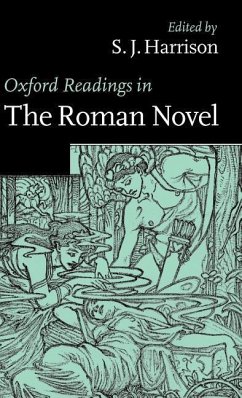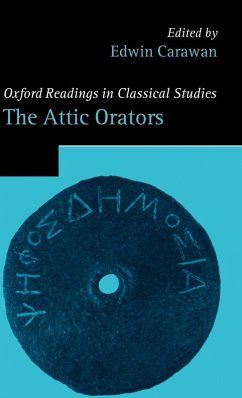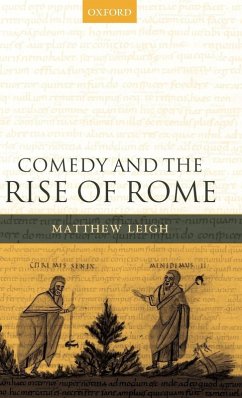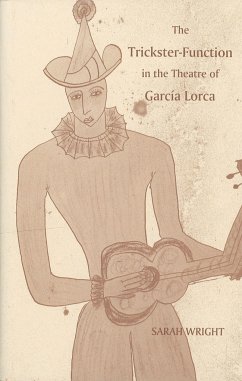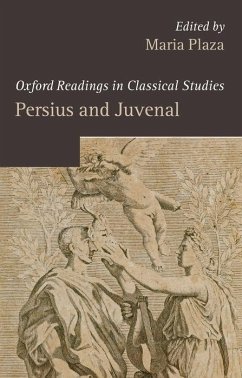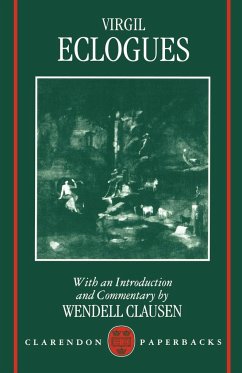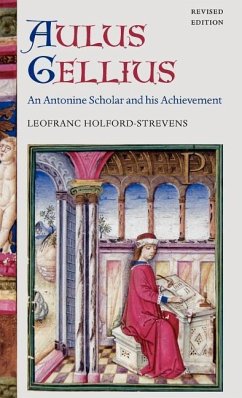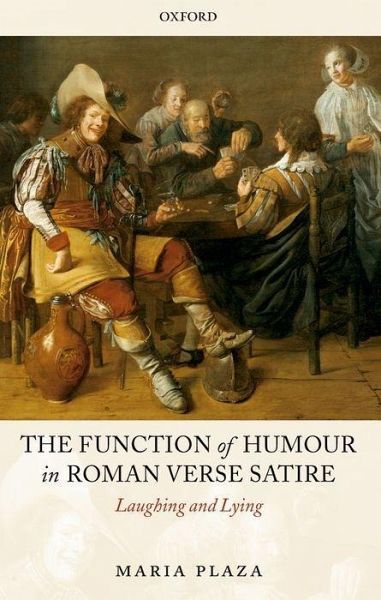
The Function of Humour in Roman Verse Satire
Laughing and Lying

PAYBACK Punkte
47 °P sammeln!
Maria Plaza sets out to analyze the function of humor in the Roman satirists Horace, Persius, and Juvenal. Her starting point is that satire is driven by two motives, which are to a certain extent opposed: to display humor, and to promote a serious moral message. She argues that, while the Roman satirist needs humor for his work's aesthetic merit, his proposed message suffers from the ambivalence that humor brings with it. Her analysis shows that this paradox is not only socio-ideological but also aesthetic, forming the ground for the curious, hybrid nature of Roman satire.



